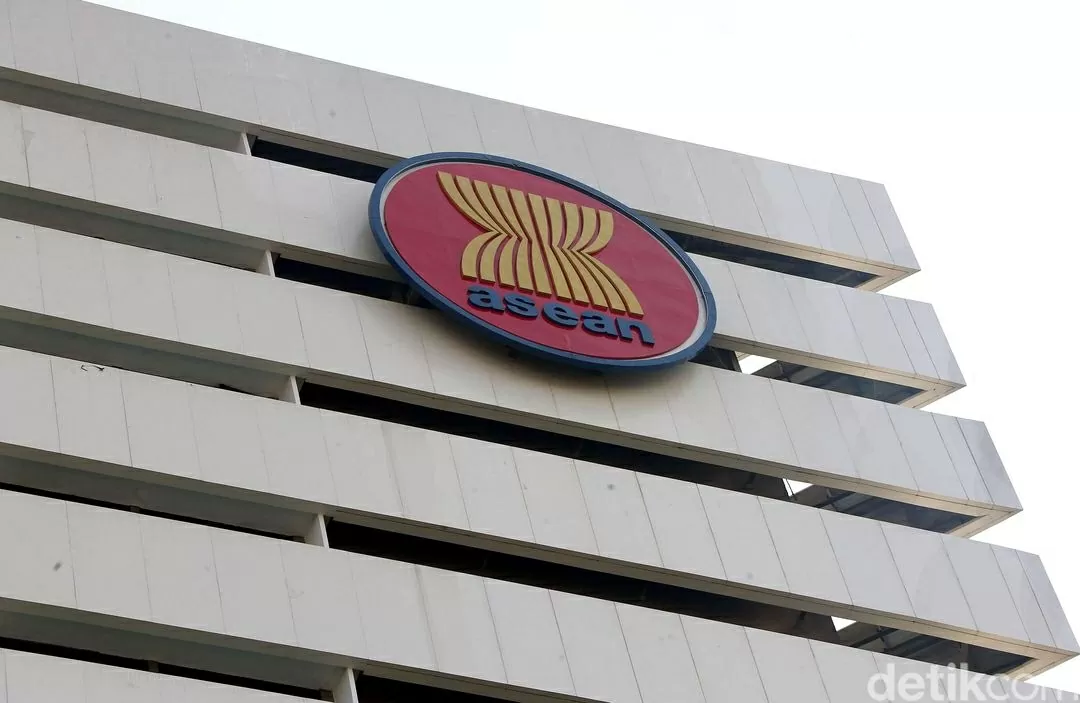 |
| The future prospects of the ASEAN Socio-Cultural Community lie in its ability to maintain sustainable and inclusive cooperation, contributing to strengthening the sense of community and common values in ASEAN. (Source: detikcom) |
About the prospect
Up to now, ASCC is considered a pillar with great potential in maintaining the pace of ASEAN integration process. In the context of many economic and political instability in the region, ASCC still has a relative advantage in the ability to achieve high consensus among member countries because its activities mainly take place in the form of recommendations and technical assistance, without requiring countries to be bound by strict legal commitments.
The future prospects of ASCC lie in the ability to maintain sustainable and inclusive cooperation, contributing to strengthening the sense of community and common values in ASEAN. This is also an important foundation for the region to build a solid internal strength, increase the ability to adapt to global fluctuations and shape its own identity in the integration process.
In particular, ASCC can promote integration from the “bottom up”, that is, starting from the people themselves, local communities, social organizations and the young generation through education , communication and cultural exchange activities. This approach not only helps to foster the ASEAN community consciousness, but also promotes the active participation of the people in the process of building a common community, thereby creating consensus and sustainability in the long term.
In the context of increasing non-traditional challenges, especially the far-reaching impacts of climate change, population aging, labor migration and green transition pressures, ASCC is expected to become a platform to support sustainable recovery and transformation. Culture and society are increasingly recognized as a necessary condition to ensure political stability and promote economic growth. Therefore, investing in human resource development, improving the quality of life, protecting the environment and strengthening social security will create a solid foundation for ASEAN to adapt to global fluctuations and assert its role in the international arena.
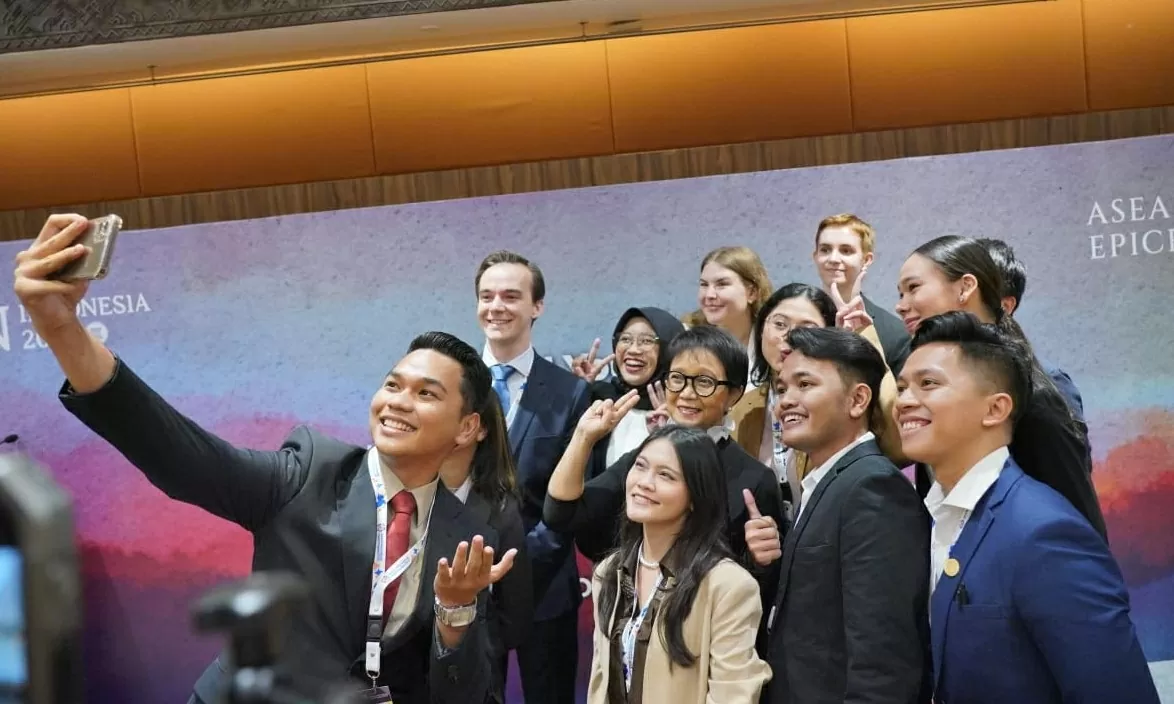 |
| ASCC can promote integration from the “bottom up”, that is, starting from the people themselves, local communities, social organizations and the younger generation through education, communication and cultural exchange activities. (Source: Jakarta Post) |
About the challenge
In the coming period, ASCC will have to face many new challenges of an increasingly complex and transnational nature. Climate change continues to be a top priority, not only threatening the living environment but also exacerbating social inequality, affecting people’s livelihoods and increasing the need for social protection in many ASEAN countries. The impacts of natural disasters, rising sea levels and resource scarcity are posing an urgent need for ASCC to develop comprehensive and in-depth adaptation support policies.
In addition, the competition for influence among regional powers is creating indirect impacts on various areas of the ASCC community. Cross-border information flows, external cultural influences and the rise of cyberspace make preserving regional cultural identity, building social trust and enhancing ASEAN community awareness more challenging than ever. The ASCC needs to find ways to adapt to the changing geopolitical environment while maintaining neutrality and intra-bloc consensus.
In addition, the digital transformation, population aging, labor structure shift and rapid urbanization also require ASCC to develop inclusive, updated and capable social policies to support people in the face of changes in employment structure, access to public services and quality of life. These challenges are not only long-term but also require ASCC to innovate its working methods, improve coordination capacity, and promote deeper participation from countries and stakeholders in the region.
The role of Vietnam
In the process of building the ASEAN Socio-Cultural Community, Vietnam is not only an active member but also a pioneer in shaping and implementing initiatives in line with the five elements of the Community.
Vietnam has left outstanding marks during its two terms as ASEAN Chair by proposing and drafting many important documents, typically the Hanoi Declaration on the Welfare and Development of ASEAN Women and Children (2010) and the ASEAN Declaration on Human Resource Development for the Changing World of Work (2020).
Particularly in the context of the Covid-19 pandemic, Vietnam has demonstrated its effective coordination and connectivity role in ASEAN through the initiation and implementation of many regional cooperation initiatives. One of its most notable contributions is the establishment of the ASEAN Working Group on Public Health Emergencies (ACCWG-PHE), creating a foundation for close, synchronous and inter-sectoral coordination within the ASEAN Community. During the same term, Vietnam also promoted two important initiatives: the establishment of the ASEAN Medical Supplies Reserve and the ASEAN Covid-19 Response Fund, contributing to timely support for member countries and strengthening regional solidarity in responding to the pandemic.
Not only limited to the health sector, Vietnam has also actively integrated the goals of the ASEAN Socio-Cultural Community Blueprint into national development programs. Specifically, the Ministry of Natural Resources and Environment has reviewed the current legal documents and policies to ensure consistency and consistency with the common goals of ASCC. On that basis, many specific solutions have been selected and implemented in the Ministry's programs and action plans.
In addition to effectively implementing current goals, Vietnam also actively contributes to building the ASCC's long-term development strategy. During its ASEAN Chairmanship in 2020, Vietnam chaired the development of the ASCC Vision 2025 and the ASCC Blueprint 2025, laying the foundation for sustainable and inclusive development orientations in the region.
Looking forward, Vietnam continues to affirm its commitment to working with member countries to accelerate the implementation of ASCC initiatives, promote close links between sectors, and enhance cohesion and common understanding within ASEAN. All efforts are aimed at building an image of a dynamic, integrated and sustainably developing ASEAN in the international arena.
Vietnam actively participates in the process of building the ASCC Strategic Plan after 2025, with the core goal of improving the quality of life for ASEAN people - a consistent value in the process of formation and development of the ASEAN Socio-Cultural Community.
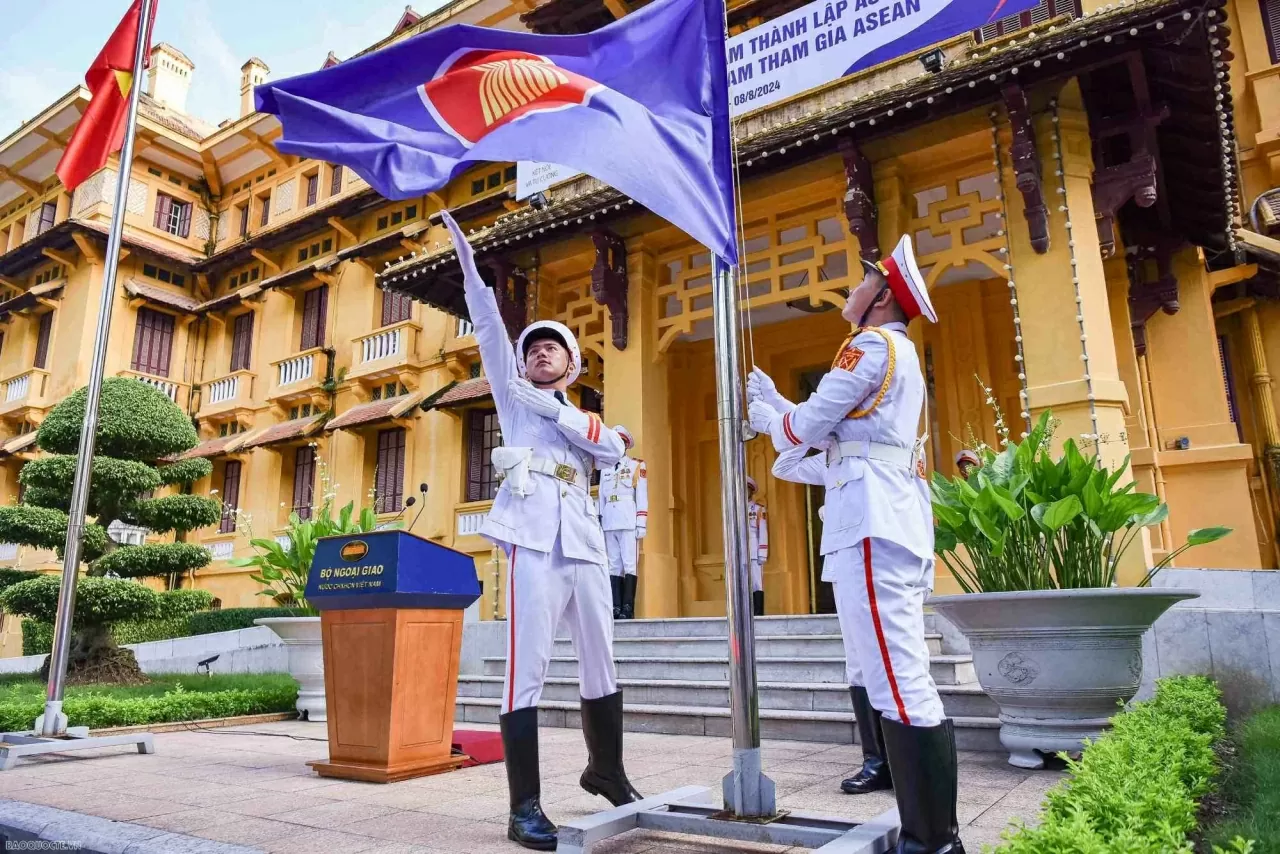 |
| Vietnam continues to affirm its commitment to accompany member countries in promoting the implementation of ASCC initiatives. (Photo: Nguyen Hong) |
Implications for Vietnam
In the context of the ASEAN Socio-Cultural Community playing an increasingly important role in shaping regional identity and promoting sustainable development, Vietnam needs to continue to promote its proactive and active role in ASCC cooperation processes.
First of all , Vietnam needs to proactively develop policies and propose initiatives that are in line with the common needs of the region, thereby maintaining its position as one of the leading countries in implementing ASCC programs. Active and effective participation in common action programs, especially in the fields of social security, education, gender equality, youth development and climate change response will contribute to enhancing the country's prestige and position in ASEAN.
Second, it is necessary to promote and integrate cultural and educational values bearing ASEAN identity into domestic social life, from educational programs, mass media to cultural and artistic activities and people-to-people exchanges. This is an effective approach to raise public awareness of the common ASEAN identity, while contributing to the process of building a community from the grassroots - one of the focuses of ASCC.
Third, we should continue to promote the integration of the three pillars of development: social, environmental and digital transformation into national development strategies, and share experiences with other member countries. Integrating social issues into the climate and technology agenda will not only support Vietnam in implementing its sustainable development commitments but also help better align with the new priorities of the ASCC in the current transition period.
Policy documents such as Resolution No. 136/NQ-CP of 2020 on sustainable development and Resolution No. 57-NQ/TW on breakthroughs in science, technology, innovation and national digital transformation demonstrate Vietnam's commitment to effectively integrating ASCC priorities into the national development agenda. Therefore, in the coming period, Vietnam needs to continue to consider ASCC as a space to promote socio-cultural values, and at the same time, a pillar to demonstrate a proactive and positive role in building ASEAN identity policies and regional stability.
Conclude
The ASCC is increasingly asserting its important role in the process of building a united, inclusive and people-centered ASEAN Community. With a focus on human development, common identity and social well-being, the ASCC facilitates stable and humane regional cooperation.
In a context of many changes, ASCC is the foundation to strengthen ASEAN's internal strength and increase its adaptability. To promote this role, it is necessary to strengthen coordination capacity, transparent monitoring and investment in sustainable cultural and social policies. Vietnam needs to be more proactive in integrating ASCC goals into its national development strategy, thereby demonstrating a proactive and positive role in regional cooperation processes.
Source: https://baoquocte.vn/cong-dong-van-hoa-xa-hoi-asean-10-nam-tren-hanh-trinh-xay-dung-cong-dong-asean-doan-ket-ben-vung-va-lay-nguoi-dan-lam-trung-tam-ky-3-317156.html







![[Photo] General Secretary To Lam receives the Director of the Academy of Public Administration and National Economy under the President of the Russian Federation](/_next/image?url=https%3A%2F%2Fvphoto.vietnam.vn%2Fthumb%2F1200x675%2Fvietnam%2Fresource%2FIMAGE%2F2025%2F12%2F08%2F1765200203892_a1-bnd-0933-4198-jpg.webp&w=3840&q=75)



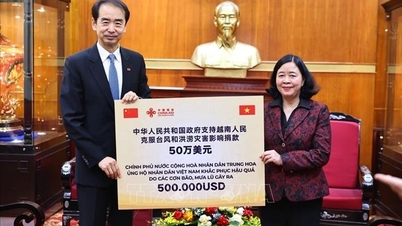

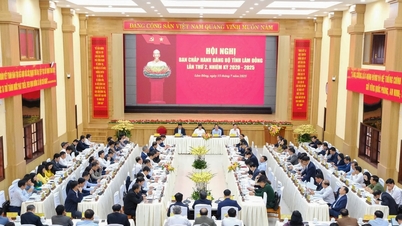

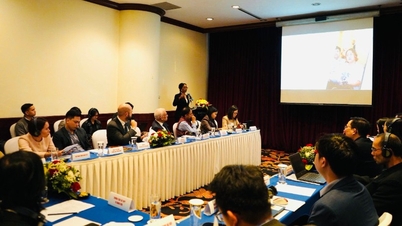
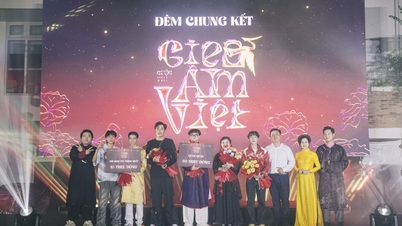

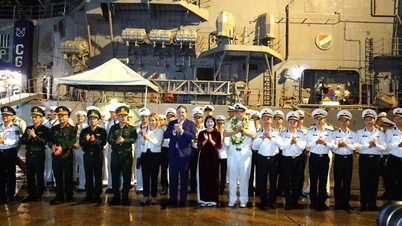

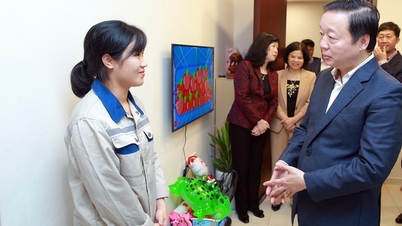
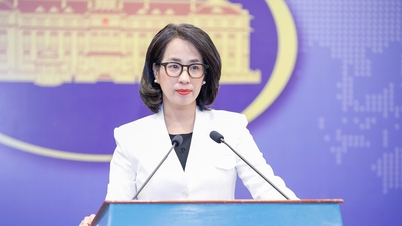

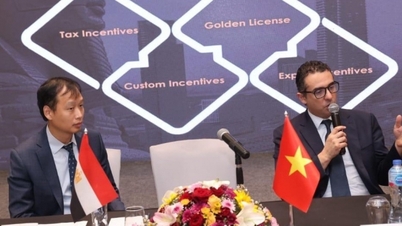
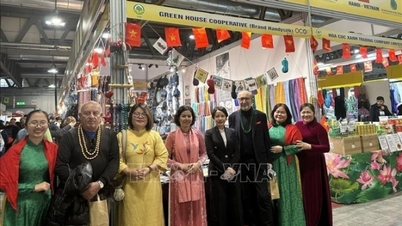
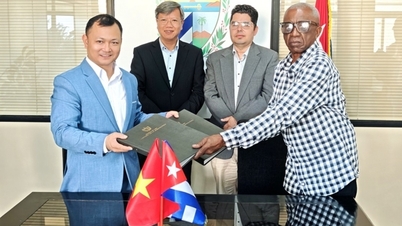








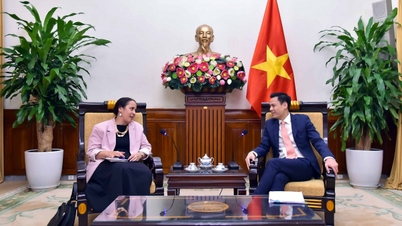





















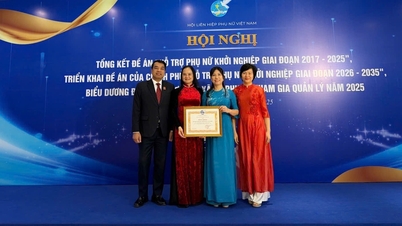
















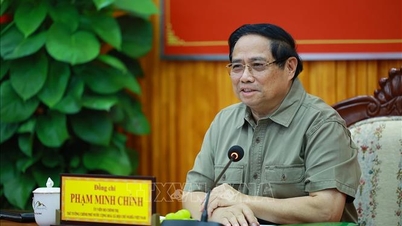
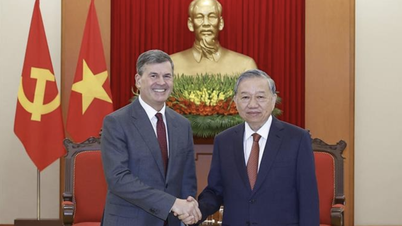


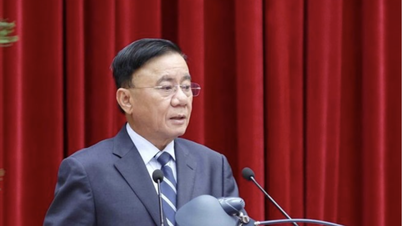


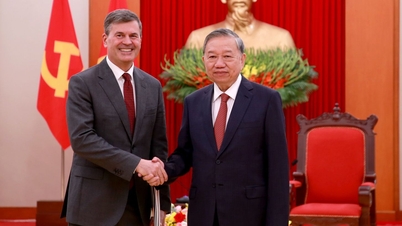






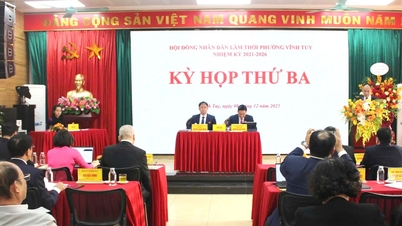
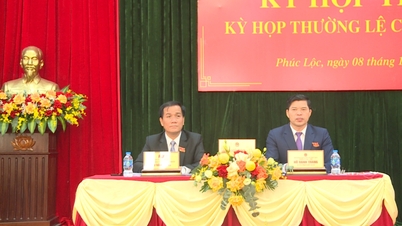




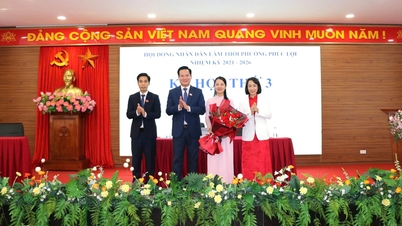
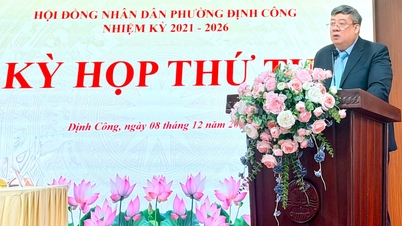












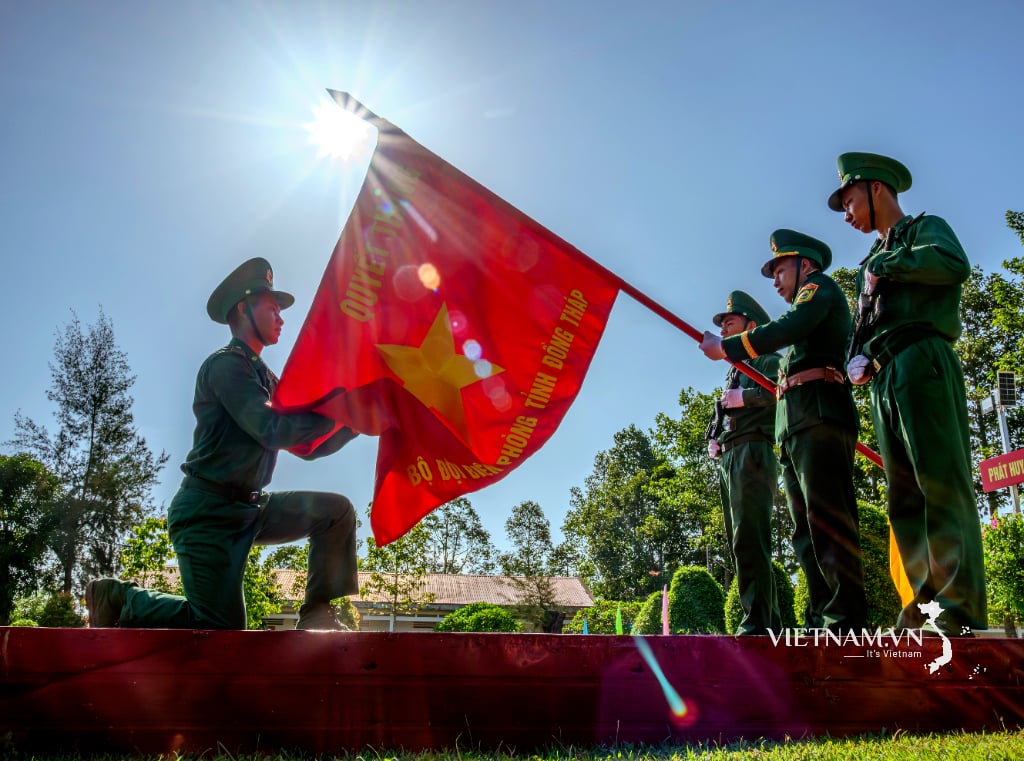




Comment (0)